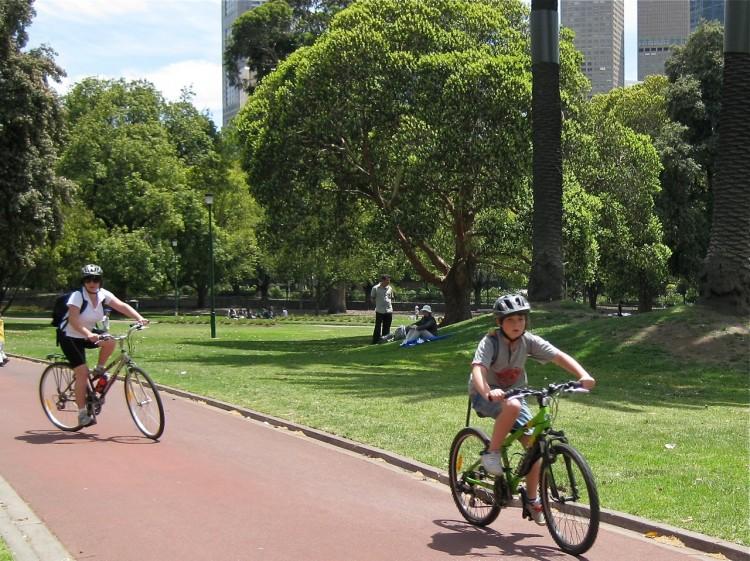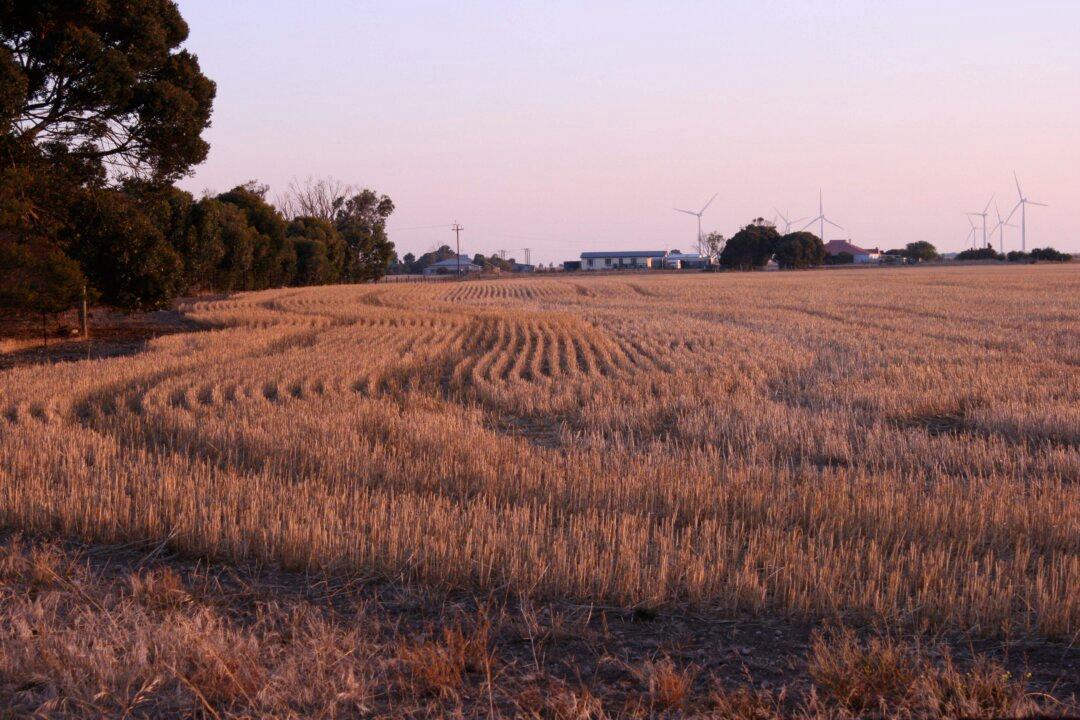Let the Sunshine In
From a young age we Australians have the slogan ‘slip, slop, slap' drilled into our heads.

A few minutes of direct sunlight on exposed skin each day, particularly in the southern states during the winter months, can make a significant difference to our mood. The Epoch Times
|Updated:





